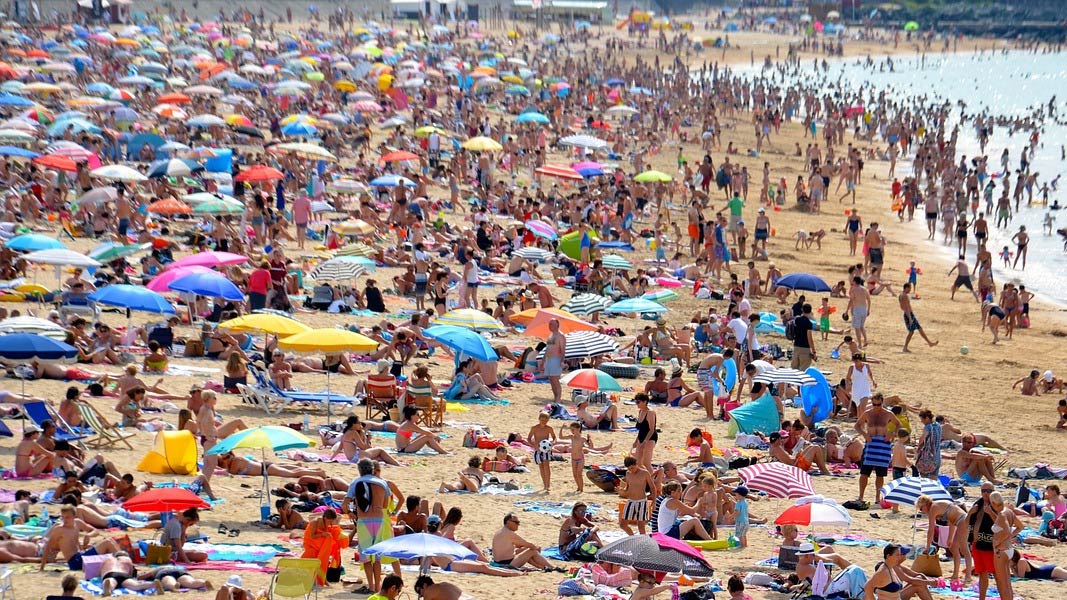An overweight bag or luggage is a concept everyone travelling understands, irrespective of the means of transportation.
Air travel is synonymous with being strict and equally expensive if you insist on carrying more than the standard luggage allowance. Every airline has its own recommendation with payment guidelines for overweight, mostly not more than 32kg else it will be regarded as cargo to be shipped. A passenger can also opt to pay for extra bags which cost lower before check in and slightly higher at the airport.
According to Dodds, R., & Butler, R. (2019) Overtourism is the excessive numbers of tourists at a specific destination that can result in negative impacts of all types on the community involved. This is the exact same situation with Barcelona in the news where demonstrators sprayed water on tourists. On the same note, a town in Seoul is also in the news for too many tourists and the government has decided to take over by setting curfews and restricting areas to visit.
In the Nigerian parlance, over tourism can be likened to a Nigerian party where you print out invitation to invite everyone then start complaining there are too many people. And in the Nigerian outcome, friends end up tagging along to a party with one single invite bringing 4 – 5 people just by word of mouth. To avoid this at a Nigerian party, then it has to be a strictly by invitation event with security in place to enforce entry protocols. Thus tourism should be treated as such by areas and countries experiencing the critical downsides of overtourism, If you are hosting a party then be ready for the wellbeing of the guests and all they will need during their stay at the party.
Most countries promote tourism and love the foreign exchange or extra income from the visitors then it seems that is where the love ends, at the appearance of their vices then trouble starts.

The negative issues with overtourism ranges from complaints about noise, unpleasant reactions from residents, undesired physical changes and damage to natural, cultural and historical resources, overcrowding, littering and privacy issues in the vicinities, gentrification and sometimes the seasonal nature of tourism in some areas can contribute to economic crisis. Local infrastructures also feel this burden as both residents and visitors rely on same public facilities to serve them on a daily basis.
To mitigate the situation and find a long lasting solution, there needs to be a collaboration among all stakeholders. Places like Amsterdam have considered demoting tourism just to make it less attractive and not attract new visitors nor remind one time visitors to come back. Others argue a better approach will be to advertise for tourists to visit alternative destinations or less crowded places . Arbitrarily increasing infrastructures may likely not work as there will be a case of disuse during low tourism season.
It is obligatory for everyone involved in tourism development at all levels to take actions in improving different areas like economic, transportation and governments greater political will to deal with the problem while ensuring tourism is protected without throwing the baby (tourism) out with the bath water.
Dodds, R., & Butler, R. (2019). The phenomena of overtourism: A review. International Journal of Tourism Cities, 5(4), 519-528.



Leave a Reply